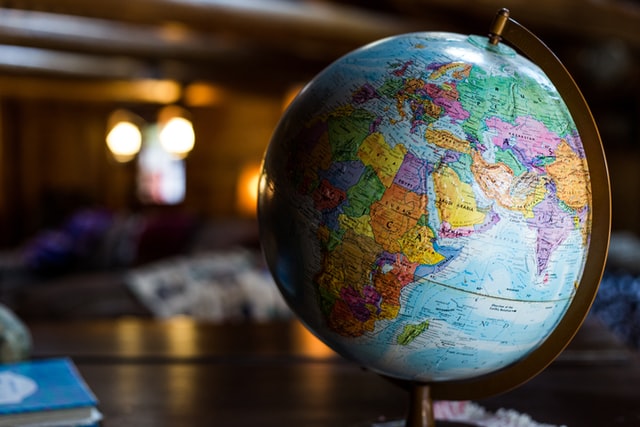UN’s impotence on Ukraine underlines the need for real decolonisation – of the international architecture
Enlarge

The Pope’s description of Ukrainians as suffering from the “martyrdom of aggression” has come into dreadful focus with the news that a Russian rocket attack killed a newborn baby in southern Ukraine. Overnight on November 22, the rocket hit a maternity hospital the city of Vilniansk, extinguishing the baby’s 48 hours in the world, though its mother survived.
Is there any better way to sum up the gruesome toll of the Russian invasion of Ukraine, which is entering its tenth month this week? Is there a more solemn moment to think about the United Nations (UN)?
For, whatever happens in Ukraine – the death of the newborn, Vladimir Putin’s withdrawal from Kherson last month, or his earlier, illegal annexation of four Ukrainian territories – should focus attention on the UN and its impotence.
The UN is supposed to maintain international peace and security, promote friendly relations among nations, as well as social progress, better living standards and human rights. But when Mr Putin announced the biggest land grab in Europe since World War II, the UN was able to do nothing. Oh yes, it joined with the European Union, the US and other nations and reject the annexation as illegitimate. It cobbled together a Security Council (UNSC) resolution – co-sponsored by the US and Albania – that condemned the “illegal” referendums held in Russian-occupied parts of Ukraine and to call on all states not to recognize any changes to Ukraine’s borders.
And then it sat back and watched mutely as Russia vetoed the resolution because it has a seat on the UNSC and knows that it can always stymie any international motion it doesn’t like.
The US does the same. So does China. And France and Britain, all members of a hideously out-of-date and ineffectual supreme body of an organisation that’s supposed to be the world’s pre-eminent force for good.
But Russia’s ambassador, Vassily Nebenzia, made a very pertinent observation when the resolution was tabled. He complained that it was unprecedented to seek condemnation of a permanent member of the UNSC.
Though there continue to be other attempts to pile pressure – and calumny on Russia – via a vote of the UN General Assembly (UNGA), which includes all the UN’s member-countries, the whole affair underlines the organisation’s uselessness for much more than technical support in crises.
So what happens next?
The Americans have signalled they are finally in favour of UNSC reform. And it’s time to pay attention to the vibrant speech given by Senegal’s president and chair of the African Union (AU), Macky Sall, at this year’s UNGA. He demanded that Africa should be seen as an equal member of the international fraternity. Its size means it should, by rights, have at least two seats on the UNSC in line with the Ezulwini Consensus, the 2005 agreement adopted by the AU in the Ezulwini valley in Eswatini (formerly Swaziland).
That is the only way the UN can be truly international and representative, Mr Sall said. “We want a multilateralism that is open and respectful of our differences, because the United Nations system, born out of the ashes of war, can only win the support of all on the basis of shared ideals, not local values erected as universal norms.”
True.
The question is will re-making the UN to be truly international and representative also render it more effective?
Possibly. Its membership would see it as fairer and may be more invested in it? That would be real decolonisation – of the international architecture.
Also read:

